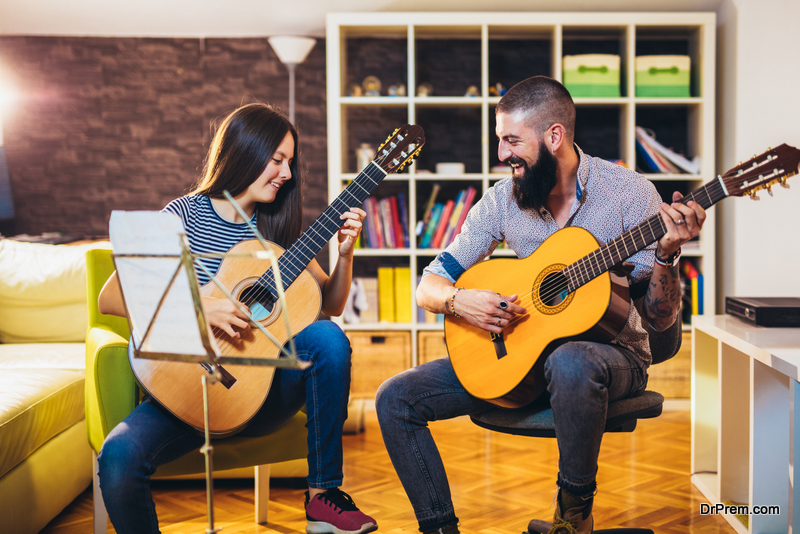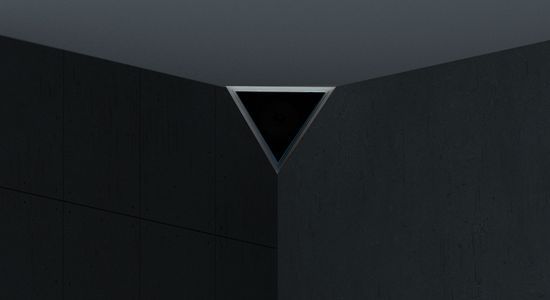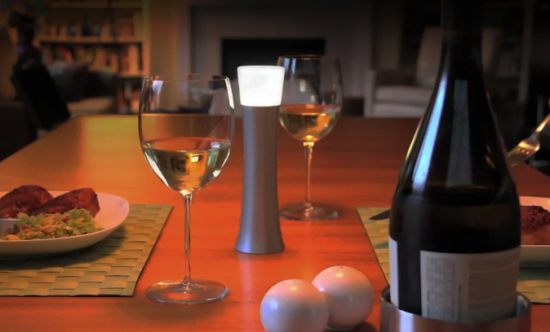Private music lessons will help you master an instrument with the guidance of an experienced professional. Given enough time and enough practice, you can become competent – and capable of playing a wide range of songs.
But how can you make sure you get the most out of your private music lessons? Are there ways to learn faster, enjoy yourself more, and ultimately understand your instrument better?
1. Choose the Right Teacher
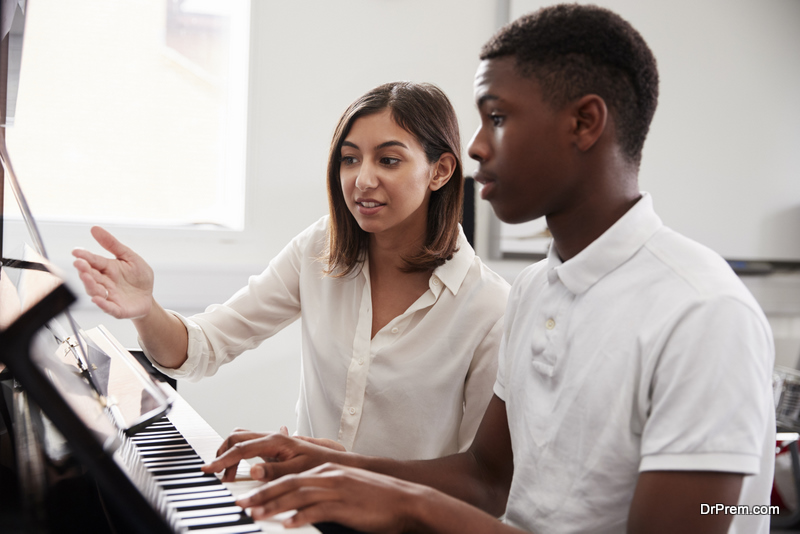
One of the best things you can do is choose the right teacher. Different teachers have different teaching styles, so even if two teachers have the same amount of knowledge and mastery, one teacher might serve you better because they’re a better personality fit or because they teach in a way you prefer.
Spend some time with your teacher to get to know their proclivities and their approach to instruction. If it’s a good fit for you, keep going. If something about it doesn’t feel right, consider working with another teacher to see how they do things differently. When paired with the right teacher, you’ll make progress faster and have a much better experience overall.
2. Set Goals for Yourself
Goals are important motivational tools that can help you choose a direction and inspire you to work harder. When you have a list of goals in front of you, you’ll feel more positive pressure to practice and get better – and you’ll feel amazing once you can show you’ve accomplished them. Make sure you set both short-term and long-term goals for yourself, like being able to play a certain song or hitting a new high note successfully.
3. Take Notes Actively
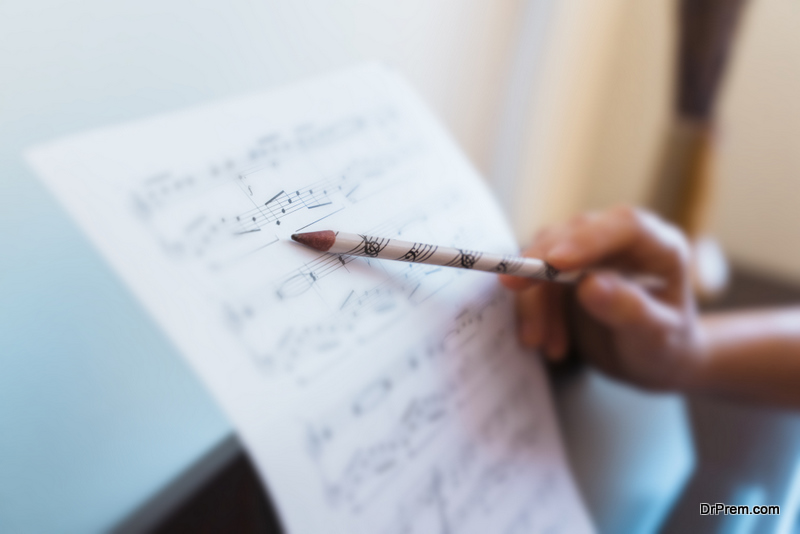
It’s important to pay attention in your private music lesson, and you’ll naturally be spending lots of time playing your instrument. But it’s still important to take notes whenever you can. Your teacher is going to have a lot to show you and share with you, and it’s going to be hard to absorb everything at once. Jotting things down and expanding upon them later will give you an excellent resource you can use as a reference in the future. It’s also going to make it much easier to remember what you learn.
You should also consider recording each of your lessons, so you can recap what your music teacher told you (and listen to yourself playing).
4. Commit to Practicing Every Day
Practice is the best way to improve your skills, so it’s important to practice every day. At regular intervals, your music teacher will be showing you new techniques and helping you understand the mistakes you’re making; it’s on you to rehearse these techniques and gradually eliminate those bad habits.
Practice tends to be most effective when it’s consistent, so schedule a time to play your instrument every day – and focus on some of the most recent things you’ve learned. While practicing, consider recording yourself; it’s often easier to hear mistakes and accurately judge your performance when you do it on a recording.
5. Play Music With Others
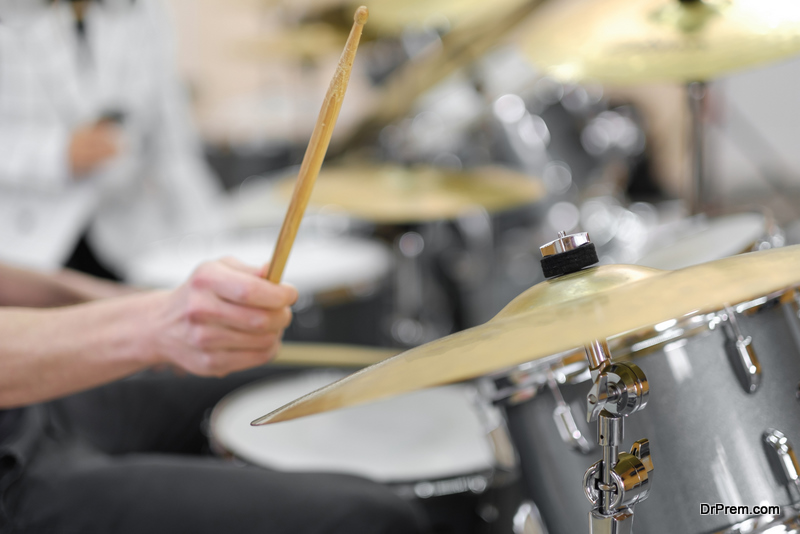
Practicing alone is effective, and millions of people have mastered their respective instruments this way. But if you want to get better faster, it’s important to play music with other people. Playing together gives you a better sense of timing, encourages you to do your best, and is generally a fun experience (if you choose the right people to play with). Consider starting a band or joining a group so you can get consistent practice this way; if you’re new to your instrument, try to find people at a similar skill level.
6. Apply What You Know
Apply what you’ve learned in your private lessons to your own ventures. For example, if you recently learned a new technique you want to try, and one of your favorite pop songs gives you an opportunity to employ that technique, learn that pop song and try it out. If you recently learned something about composition, consider writing your own music using the lessons you learned. The active application of your new knowledge will help you improve yourself faster and better engage with the material.
7. Supplement Your Lessons
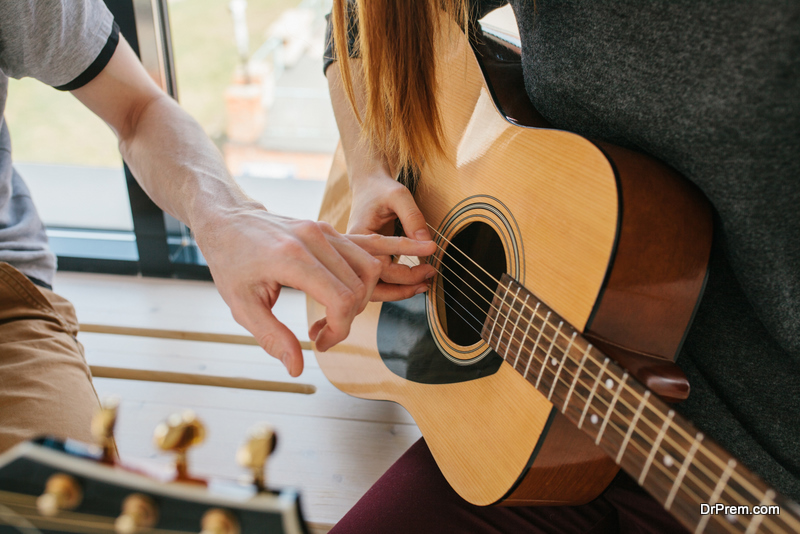
Even the best teacher isn’t going to offer you unlimited knowledge or unlimited experience. If you want to learn more or learn faster, consider supplementing your lessons with other sources of information. Depending on your goals and your preferences, you could choose to take on another teacher, watch YouTube tutorials, or find a peer coach to help you improve.
When you start following these strategies, your private music lessons are going to become even more effective. You’re going to learn more in a shorter period of time, you’re going to learn faster, and you’re ultimately going to get closer to true musical mastery.
Article Submitted By Community Writer


